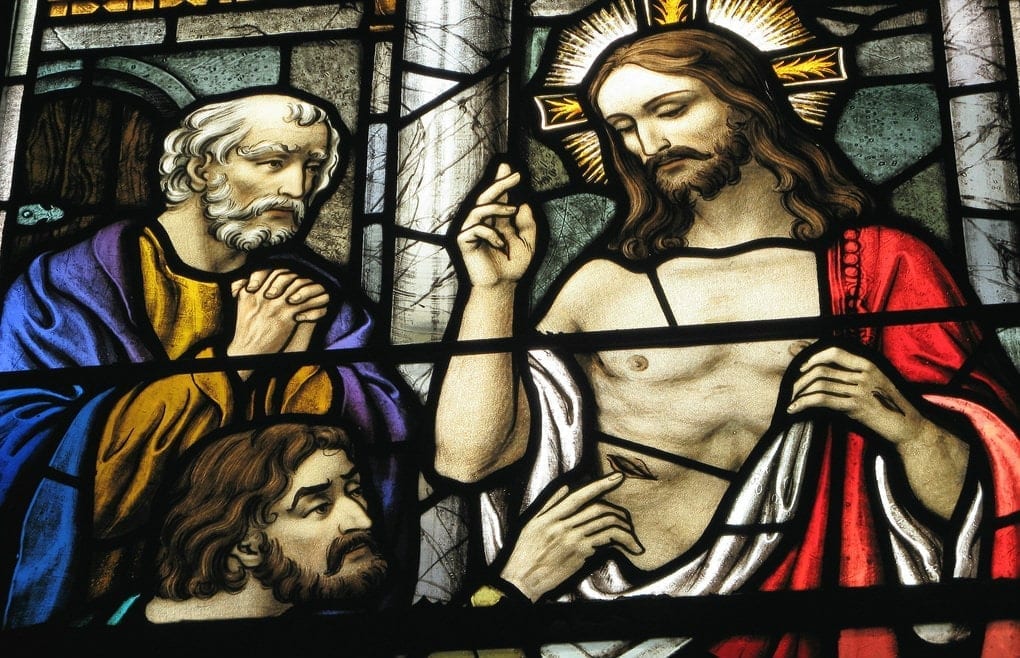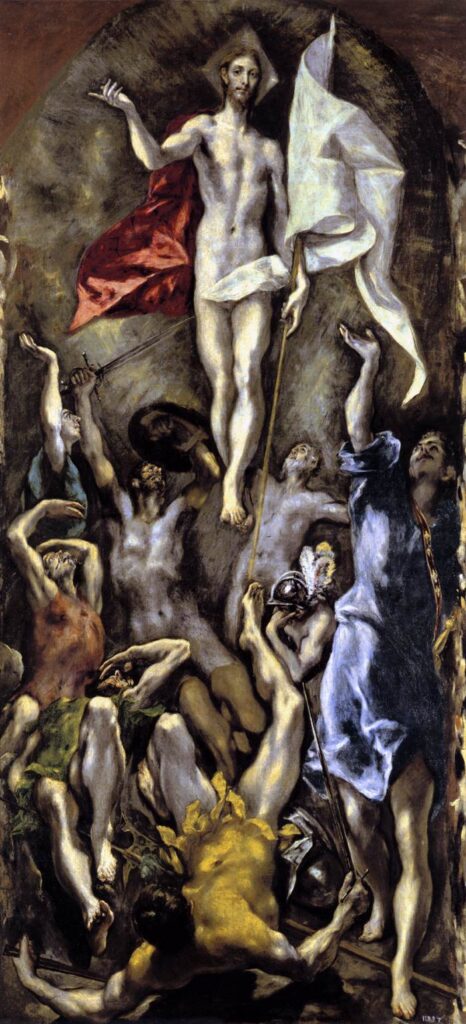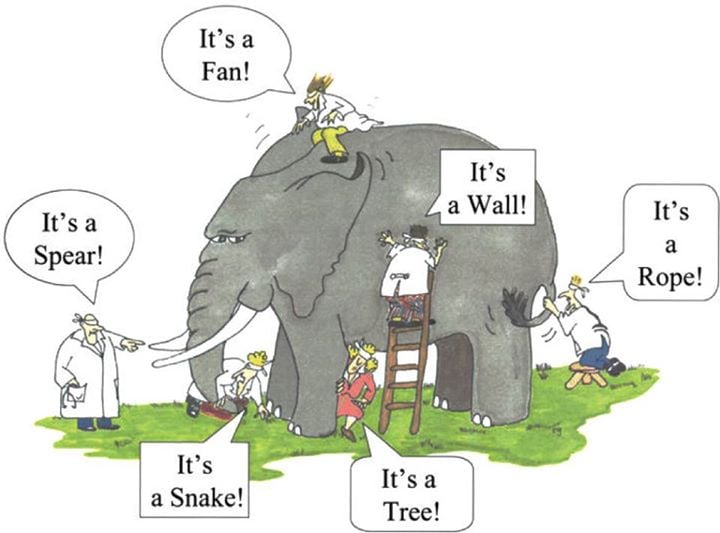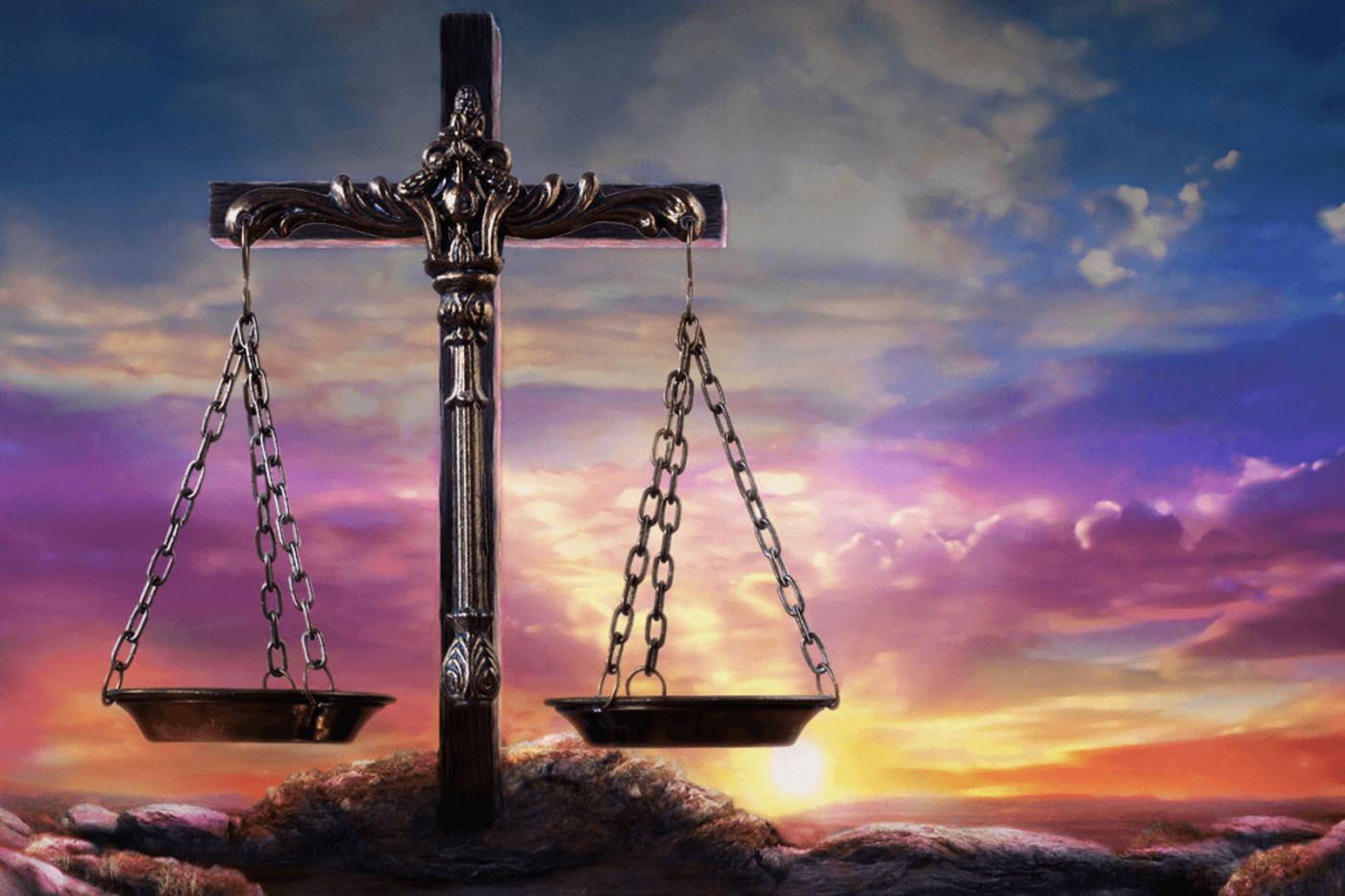* * * *

* * * *
This Sunday, April 27, is officially the Second Sunday of Easter. Note the “of,” rather than “after.” That’s because Easter is not just one day, it’s an entire season. A full season of 50 days – called Eastertide – that runs from Easter Sunday to Pentecost. So while April 27 is arguably the first Sunday after Easter, it is better known as the Second Sunday of Easter.
Actually, it’s also known as Low Sunday, mostly because church attendance falls off so much that first Sunday after. (Compared with the high attendance on Easter Day. See “CEOs;” Christians who only go to church on Christmas and Easter.) But you could also call it “the Sunday of Many Names.” For example, Doubting Thomas Sunday, mostly because the Gospel lesson always tells the story of Thomas. (John 20:19-31, “which recounts the story of Christ appearing to the Apostle Thomas in order to dispel the latter’s doubt about the Resurrection.” Which made him the original – the prototype – “Doubting Thomas.”)
And it’s called the Octave of Easter. In this case the Octave in question is the eight-day period in Eastertide that “starts on Easter Sunday and runs until the Sunday following Easter.”
Getting back to Doubting Thomas, Wikipedia defines the term generically as a “skeptic who refuses to believe without direct personal experience.” The term refers to Apostle Thomas, “who refused to believe that the resurrected Jesus had appeared to the ten other apostles, until he could see and feel the wounds received by Jesus on the cross.”
Wikipedia went on to explain that Thomas the Apostle – also called Didymus, meaning “The Twin” – was best known from the account in John 20:19-31. He questioned Jesus’ resurrection at first, but after his direct experience – seeing and touching Jesus’ wounded body – he proclaimed, “My Lord and my God.” Of course we can’t have such a direct experience with Jesus – not in this life anyway – but there’s something to be said for having doubts, and yet working to overcome them. (“Improvise, Adapt, Overcome…”)
You could say there are two kinds of faith. The first is blindly believing, without asking any questions, having any doubts or asking how other people interpret the Bible. The second type does ask questions, does dig deeper and as a result often comes across doubt. You could think of that second type of faith as a form of resistance training. But the Blind Faith Christian doesn’t like resistance. He does the same boring spiritual exercise, over and over again, and stays at the same low level of spiritual fitness. The Healthy-Doubt Christian welcomes resistance, and asks the probing questions that often lead to doubt. But in the process, he ultimately grows spiritually stronger by overcoming that resistance, by overcoming those doubts.
Think of it as a kind of Charles Atlas spiritual workout, as shown in the image below.
There’s more information on Thomas in the Notes, like “Quasimodo Sunday” as yet another name for this April 27th. And the tradition that Thomas went to India to preach the Gospel, but was martyred in 72 AD, possibly “at Mylapore near Chennai.” But in closing, here’s some good church news for a change. It came in a New York Times article dated April 20, 2025: The Morning: America wants a God. (Not like it sounds at first blush.) That is, I’ve written before about falling church attendance, like in the July 2023 post, On today’s Pharisees – and “Freedom ’23:”
In 1999 70% of Americans belonged to a church, synagogue or mosque. In 2018 it was 50%, and in 2020 it was 47%. That’s the first time in 80 years of polling the percentage fell below half. A lot of it has to do with politics. Specifically, “Christians” who use the Faith as a tool of political power.
But maybe The Times They Are a-Changing? I’ve included a fuller summary of the April 20, 2025 Times article below the Notes proper, but here are some highlights.
COVID and the country’s limited social safety nets have inclined Americans to stick with (or even turn to) religion for support. In turn, “America’s secularization is on pause, people have stopped leaving churches, and religion is taking a more prominent role in public life.” Americans want a return to stronger communities, more meaningful rituals and spaces to express their spirituality. They’re also longing to have richer, more nuanced conversations about belief. And many Nones – people with no religious affiliation – seem to have a dawning recognition that, in leaving the Faith, they threw “the baby out with the baptismal water.”
In short, sometimes it takes a plague (which can take many forms it seems) – to lead us to a national “softening of the heart, a turning away from judgment and moralizing,” and turning instead to joy, gratitude – and going back to church.
Meanwhile, here’s that brand-new “he-man” spiritual body you can look forward to.
* * * *

* * * *
The upper image is courtesy of Doubting Thomas – Image Results. See also Crossroads Initiative, which featured the image.
The Book of Common Prayer reference: The “corporate-mystical” prayer is on page 339, the post-communion prayer for Holy Eucharist, Rite I.
Feast days are designated days on the liturgical (church) calendar “set aside to commemorate events, saints, or doctrines that are important in the life of the Church. These can range from Solemnities, which are the highest-ranking feast days like Easter and Christmas, to optional memorials that celebrate lesser-known saints.” Feast Days: Celebrating the Church’s Calendar.
The full link to Improvise, Adapt, Overcome, then Adapt Again > 2nd Marine Division:
Improvise, adapt, and overcome. Those three words are paramount to fighting and winning battles, but what happens when you finally overcome? You keep improvising, and you keep adapting. The enemy won’t rest and neither should you.
That’s advice that seems especially relevant in these times of polarization and the weaponizing of Christianity by some. (And whatever happened to Onward, Christian Soldiers? See Wikipedia for background, and for one example, Why ‘Onward Christian Soldiers’ may not be sung at this Remembrance Sunday: “The hymn Onward, Christian Soldiers has been dropped from one English church’s Remembrance Sunday service over concerns that it will offend non-Christians.” However, “British Legion members are protesting at the decision to scrap the hymn at the service in St Peter’s CofE Church in Oadby, Leicester.”)
For this post I borrowed from “Doubting Thomas Sunday” – 2017, from 2019’s Easter, Doubting Thomas Sunday – and a Metaphor, and On Doubting Thomas Sunday – 2023.
Re: “Sometimes it takes a plague.” See On St. Mark, 2020 – and today’s “plague,” and Advent 2021 – “Enjoy yourself.”
The lower image is courtesy of Dynamic Tension Charles Atlas – Image Results. See also Dynamic Tension – Wikipedia, and Charles Atlas – Wikipedia. (I used the image in the March 2019 post, On the Bible’s “dynamic tension.”)
* * * *
Items from the article, The Morning: America wants a God, subtitled: “Americans believe,” for future reference:
“Most people are wary of the government, the future and even each other, but they still believe in astonishing possibilities. Almost all Americans — 92 percent of adults — say they have a spiritual belief, in a god, human souls or spirits, an afterlife or something ‘beyond the natural world,’ as we reported earlier this year…
“The country seems to be acknowledging this widespread spiritual hunger. America’s secularization is on pause, people have stopped leaving churches, and religion is taking a more prominent role in public life…
“In my reporting, I found that there are many reasons for this shift in American life. Researchers say the pandemic and the country’s limited social safety nets have inclined people to stick with (or even turn to) religion for support. But there is another reason, too: Many Americans are dissatisfied with the alternatives to religion. They feel an existential malaise, and they’re looking for help. People want stronger communities, more meaningful rituals and spaces to express their spirituality. They’re also longing to have richer, more nuanced conversations about belief…
“Over the past few decades, around 40 million Americans left churches, and the number of people who say they have no religion grew to about 30 percent of the country…
“People who practice a religion tend to be happier than those who don’t, a study by the Pew Research Center found. They are also healthier: They are significantly less likely to be depressed or to die prematurely from suicide, alcoholism, cancer, cardiovascular illness or other causes, multiple studies from Harvard found…
“But in aggregate, religion seems to help people by giving them what sociologists call the “three B’s” — belief in something, belonging in a community and behaviors to guide their lives…
“Religion fills a psychological need, Michele Margolis, a political scientist at the University of Pennsylvania, told me. ‘We want to feel connection,’ she said. ‘We want to feel like life makes sense.’ Finding these things alone or creating them from scratch is ‘really hard,’ she added.
“But for now, many ‘nones’ — people who have no religious affiliation — that I spoke to seem to have a dawning recognition that, in leaving faith, they threw ‘the baby out with the baptismal water…’
“Conservatives seem to be better at naming this longing. They speak to ‘civilizational’ renewal and a restoration of moral values. They promise deliverance through politics. They use the infrastructure of evangelical Christianity to communicate their vision. It’s working for them…
“But is this the only way? Successful alternatives haven’t emerged at scale, and many liberals have ignored American spirituality — this longing — at their party’s peril…
“This data reveals that finding a way forward may require acknowledging that Americans want to wrestle with hard questions about how to live. They’re looking to heady concepts — confession, atonement, forgiveness and sacrifice — for answers…
“In short, they’re looking to believe in something.”
* * * *
And about that “Conservatives seem to be better at.” That’s why I say non-conservatives – including Nones and bleeding-heart liberals – need to read and study the Bible more: Political self-defense!
* * * *












